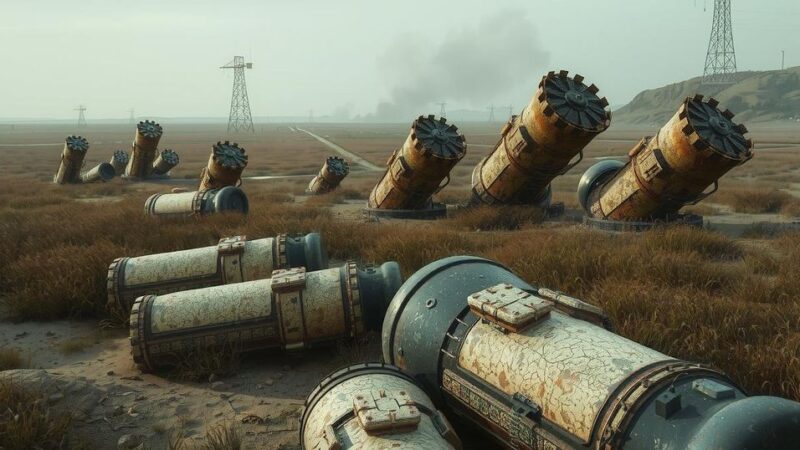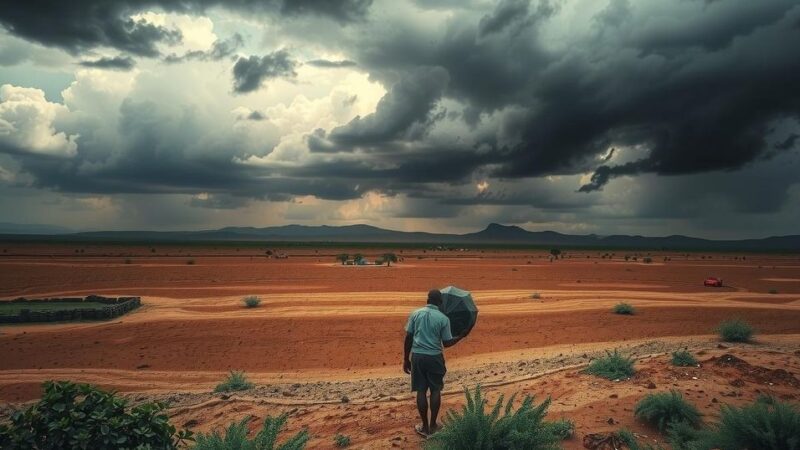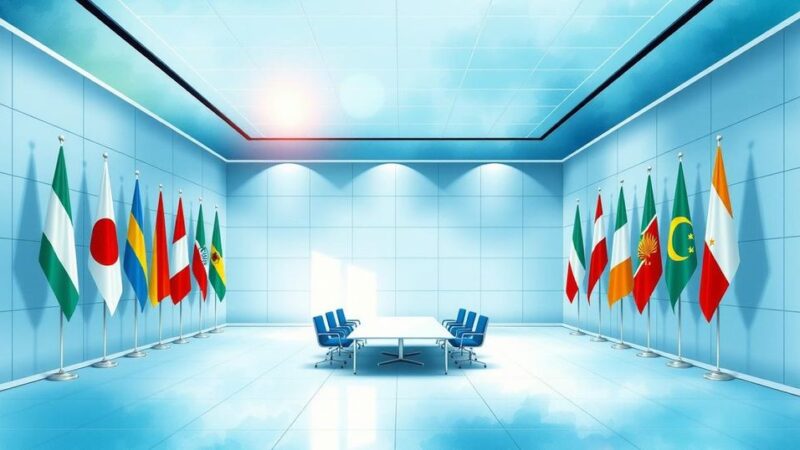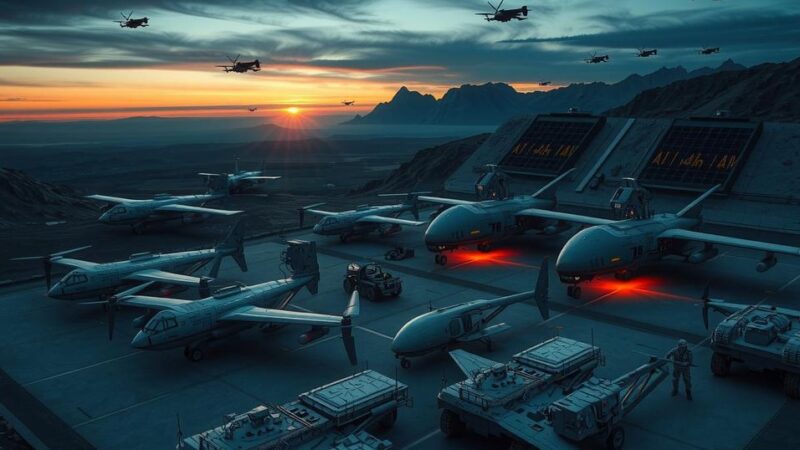Recent military successes by General Burhan’s forces in Sudan suggest a possible turning point in the civil war. Despite reclaiming key positions, the RSF retains control over substantial areas, and humanitarian challenges persist, exacerbated by international neglect. The regional ramifications, especially for South Sudan, alongside underfunded aid efforts, highlight the complex difficulties faced by the affected populations.
International diplomatic efforts have been ineffective in halting Sudan’s civil war. However, recent developments indicate a potential shift in the conflict’s dynamics. Forces loyal to General Abdel Fattah al-Burhan, the Sudanese army chief, successfully seized the presidential palace in Khartoum from the Rapid Support Forces (RSF), a paramilitary group led by General Mohamed Hamdan Dagalo, also known as Hemedti. This shift comes after the RSF had previously expelled Burhan from the capital in April 2023, following the collapse of their alliance.
The Sudanese military’s recent triumphs include reclaiming vital infrastructure throughout Khartoum. Reports show that the RSF had initially captured many significant sites, including the gold market and media headquarters, but these have since been regained by government forces. The army has recently expanded its control, capturing the central bank as well, while residents report increased shelling in nearby Omdurman. Analysts attribute Burhan’s success partly to the RSF’s supply challenges and the introduction of foreign drone technology into the conflict.
The civil war has engendered serious human rights violations, with both factions accused of committing atrocities. Earlier this year, the U.S. government imposed sanctions on Hemedti and his associates, pointing to his involvement in grave humanitarian violations in Sudan, particularly targeting non-Arab communities in Darfur. Humanitarian efforts are severely impeded by the ongoing violence and the fragmentation of control between various armed groups, complicating aid distribution to those suffering from food scarcity.
International support is also fragmented, with the RSF allegedly receiving resources from the United Arab Emirates and tacit backing from Russia, while the Sudanese military is supported by Egypt, Turkey, and Iran. Mediation attempts have been largely unsuccessful, often leading to brief ceasefires that ultimately collapse under pressure. Despite the recent advances by Burhan’s forces, the RSF continues to exert control over significant regions, including parts of Darfur.
The turmoil within Sudan has ramifications across its borders, especially affecting South Sudan, which faces its own crisis with a fractured power-sharing agreement between leaders. Violence there has escalated, prompting foreign governments to evacuate personnel from Juba. The U.N. has expressed concern that South Sudan may soon relapse into civil war due to these destabilizing factors.
Aid responses to both Sudan and South Sudan remain woefully underfunded, with only a fraction of the necessary humanitarian assistance reaching affected populations. Analysts note that international commitment to assisting Sudan has diminished, particularly following reductions in U.S. foreign aid under the previous administration. Reports indicate that a significant portion of promised humanitarian funding has yet to materialize, exacerbating humanitarian conditions substantially.
Kholood Khair, a Sudanese analyst, emphasized the critical impact of U.S. aid cuts, stating that the ramifications of these changes will disproportionately harm the Sudanese population. The diversion of international attention and resources to other conflicts has left Sudan truly neglected, raising alarms over the dire humanitarian situation in the region.
In summary, the ongoing civil war in Sudan appears to be undergoing a critical transformation, with potential implications for both national and regional security. Despite recent military advancements by the Sudanese army, the RSF continues to maintain power in several regions, and enduring humanitarian crises are unfolding amidst inadequate international support. The situation, characterized by severe human rights violations and urgent humanitarian needs, requires renewed and focused international attention to avert further tragedy.
Original Source: www.washingtonpost.com






